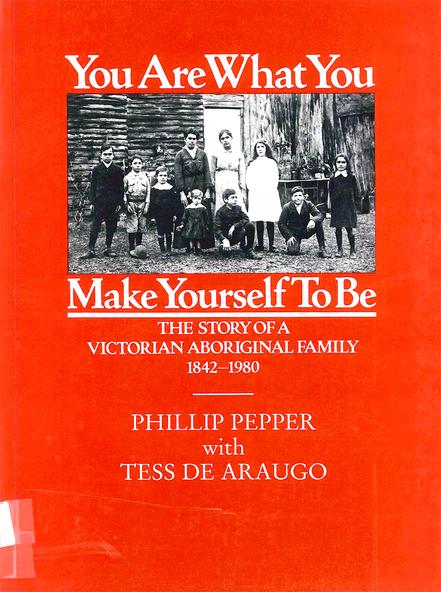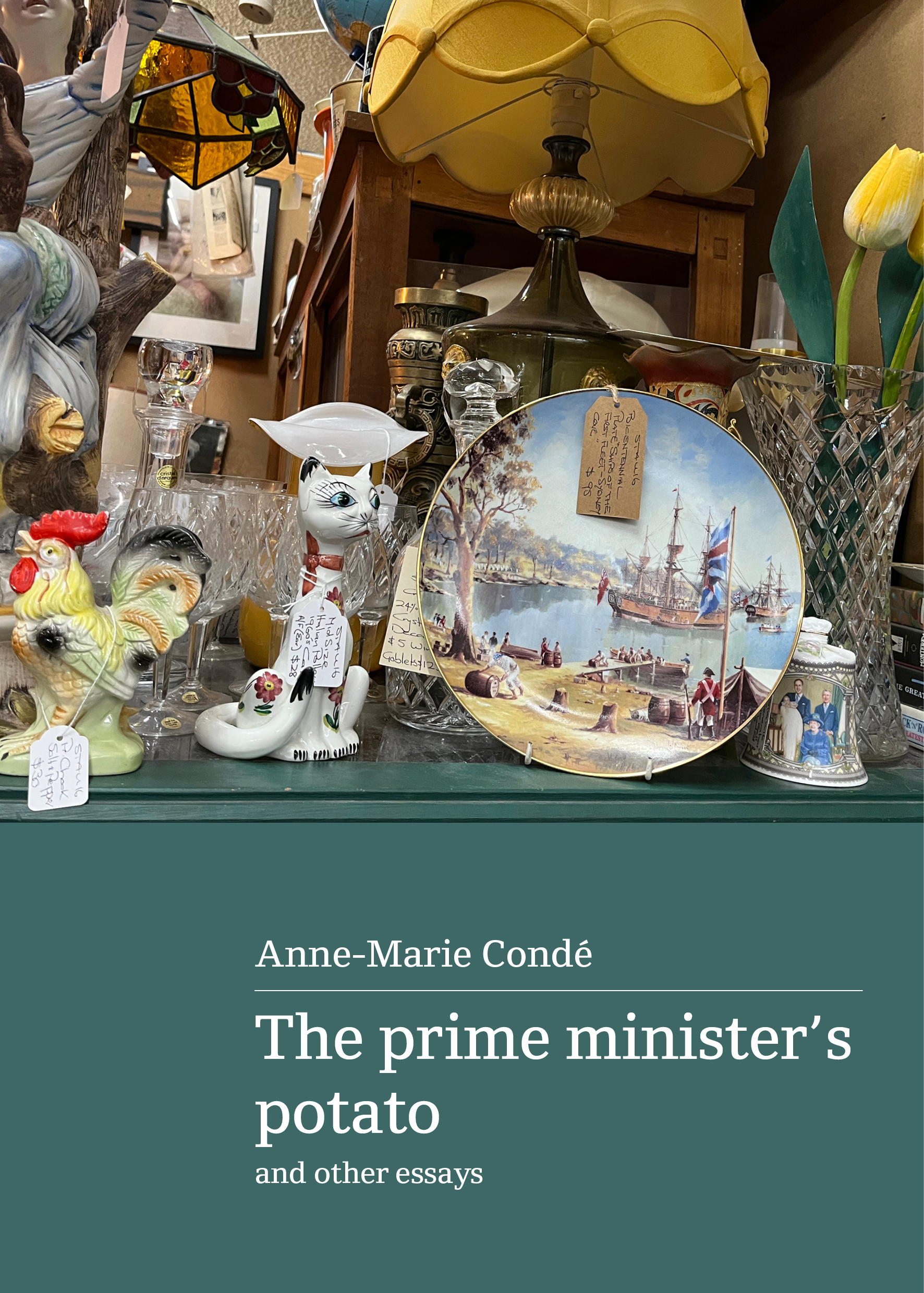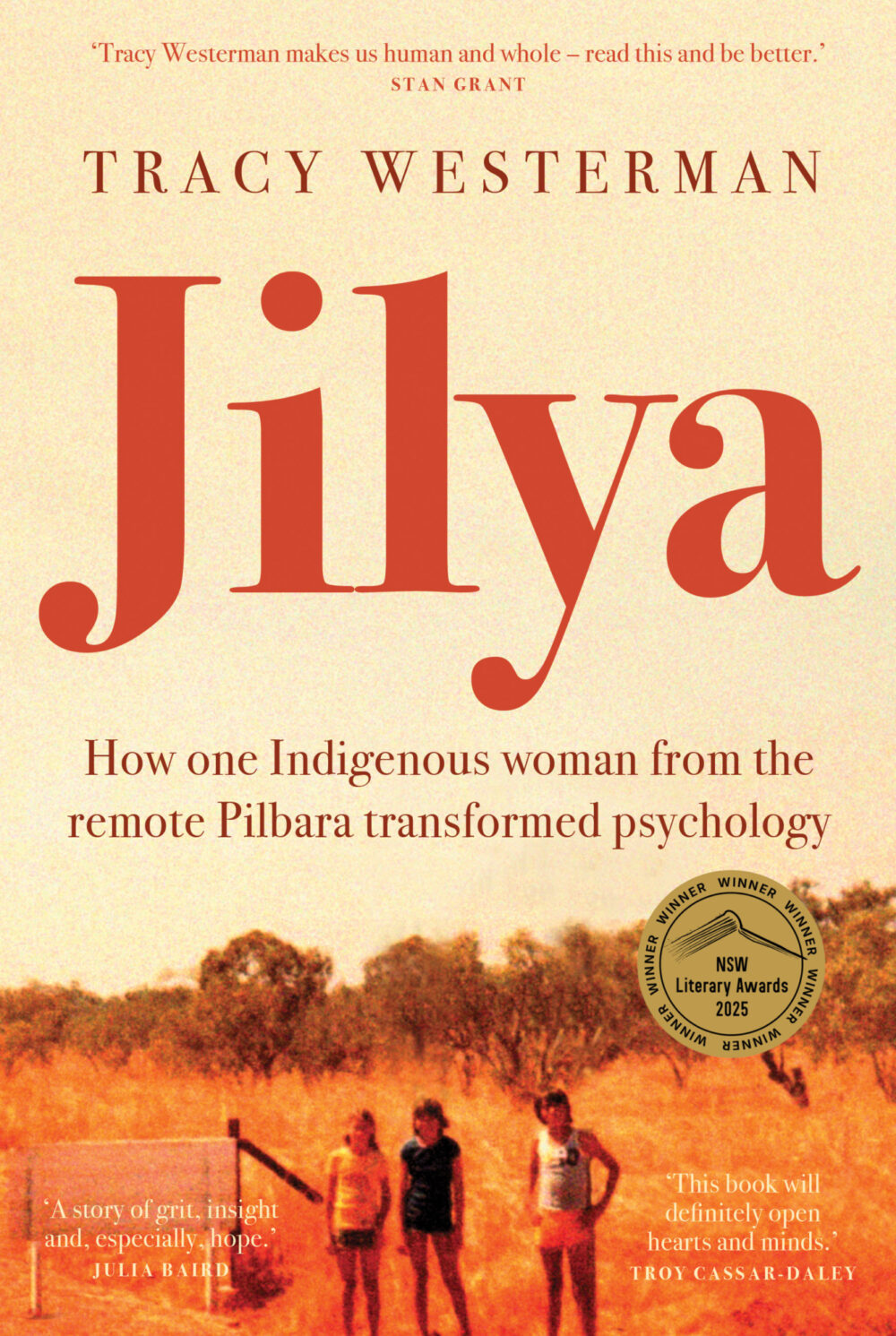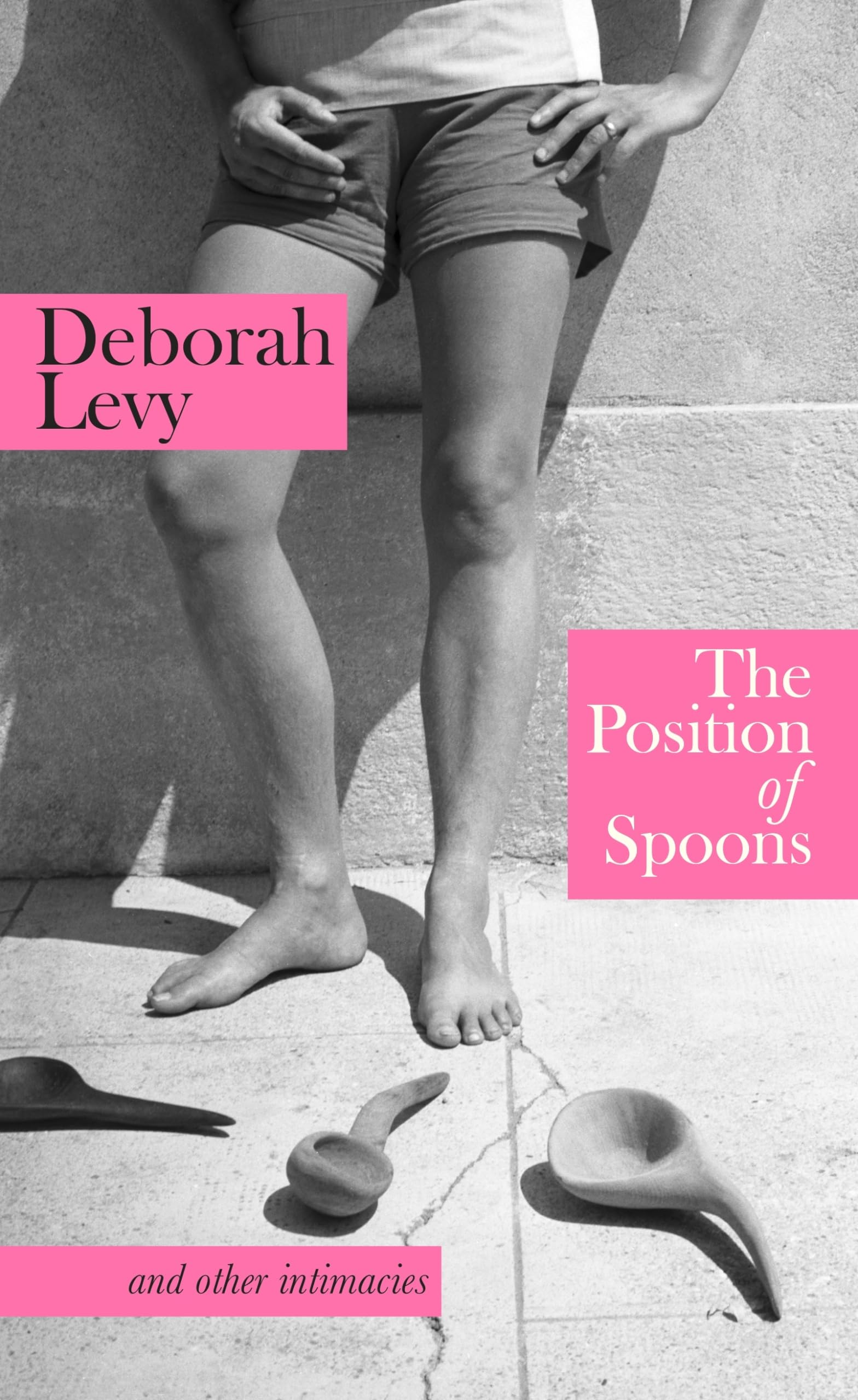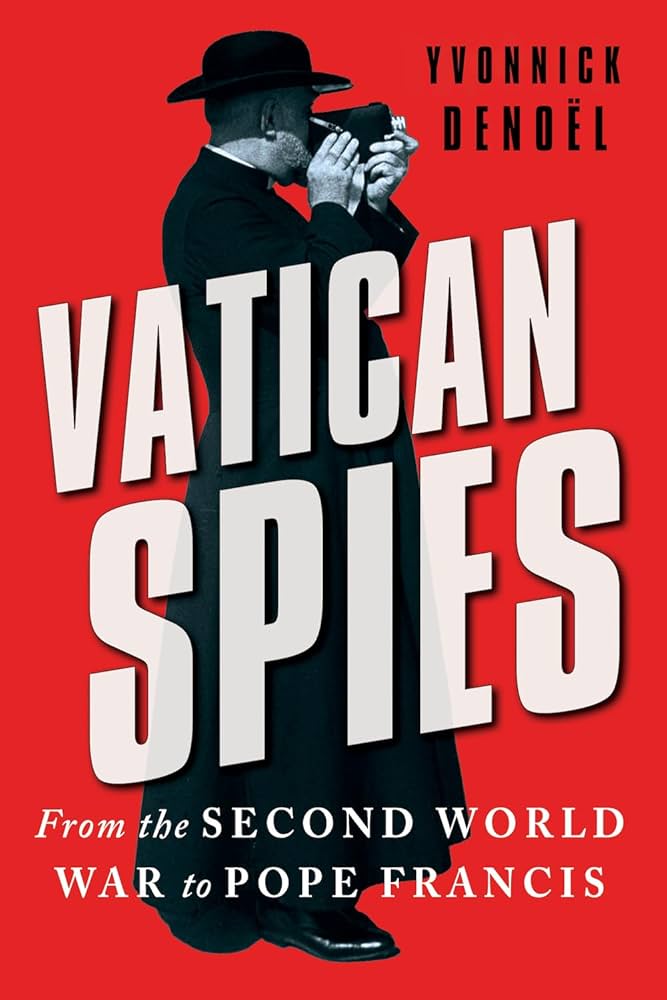Non Fiction
You Are What You Make Yourself To Be: The story of a Victorian Aboriginal family by Phillip Pepper
You Are What You Make Yourself To Be is the documented personal history of one Victorian Aboriginal family. The author’s story is interspersed with researched documented facts intended to authenticate and support the narrative but at times these lengthy italicized notes work against the continuity of the story.
... (read more)The cover of the paperback version of Ian Leslie’s John and Paul comes with an extraordinary claim from British journalist Cailtin Moran celebrating ‘the first new Beatles story in decades’ (my emphasis). Really? Don’t we know everything about the band already? Do we need another book? Sure we do, after all, the Beatles are a monumental and serious subject for investigation. For instance, as Leslie recalls, the double A-sided single ‘Penny Lane’/ ‘Strawberry Fields’ was nominated by one critic as the greatest work of art of the last century. For some, this is an extraordinary claim, but then that is part of the joy of thinking about and being affected by the Beatles.
... (read more)Careless People: A story of where I used to work by Sarah Wynn-Williams
Imagine having a performance review conducted by your employer while you were in a coma and on maternity leave and being told on your return to work that your responsiveness was found wanting. This anecdote is related straight-faced by Sarah Wynn-Williams in her whistleblowing account of the multinational technology giant Facebook. Based on the author’s seven-year tenure as Facebook’s Director of Global Public Policy, which ended in 2017, Careless People provides new insights into Facebook’s treatment of employees and users alike. As Wynn-Williams recalls: ‘A quick google search confirm[ed] my suspicions that you are not supposed to be given a performance review on your maternity leave. In fact, I understand that pushing someone to work during their maternity leave is against the law.’ A chilling picture is constructed of the human cost of the company’s lawless commitment to power, profit, and a galactic technocracy, the Metaverse.
... (read more)Controlling Contagion: Epidemics and institutions from the Black Death to Covid by Sheilagh Ogilvie
The enduring legacies of Covid-19 have been linked to a post- or new-normal era defined by everything from chronic debt to the rise of Big Data and the lingering unease any of us might feel in a crowd. Those transformations are placed in fresh perspective by Sheilagh Ogilvie’s reminder that humanity has experienced a severe pandemic roughly every five generations since the Black Death scythed across Europe for nearly a decade from 1346. ‘History seethes with epidemics,’ Ogilivie writes. Her interest is in how societies have responded across that long time span. What resources have been mobilised to ‘control contagion’? What changed with, and can be learnt from, those cycles in humanity’s extreme if episodic vulnerability to microbes?
... (read more)Dysphoria Mundi: A diary of planetary transition by Paul B. Preciado
‘The time is out of joint,’ says Hamlet. And, as Jacques Derrida tells us in Specters of Marx (1993), it is also ‘deranged, both out of order and mad. Time is off its hinges … off course, beside itself, disadjusted.’ If time was deranged thirty years ago amid the AIDS crisis and the Balkan wars, in the wake of Francis Fukuyama’s ‘end of history’ and the first Gulf War, the times have now mutated, become radically other again and again. There is before Covid-19 and after, before generative artificial intelligence and after. There is time before the return of fascism as a global phenomenon and time after: time now as authoritarians surge to power on promises of a return to pasts not only unreachable (and, for many, undesirable) but which never existed in the ways they are now imagined.
... (read more)Silent Catastrophes: Essays in Austrian literature by W.G. Sebald, translated from German by Jo Catling
In Too Soon Too Late: History in popular culture (1998), Meaghan Morris evokes Walter Benjamin’s ‘poor angel of history’, whose wings, ‘encrusted’ with scholarly citation, now beat ‘sluggishly in the service of a not very lively professionalism’. The critical discourse around W.G. Sebald (1944-2001) sometimes produces a similar feeling of fatigue, not least in its relationship to Benjamin, whose influence on Sebald’s melancholic oeuvre is well documented.
... (read more)The Prime Minister’s Potato: And other essays by Anne-Marie Condé
Tasmania punches above its weight in the literary world, as elsewhere. And not before time: traditionally it always seemed marginal and could be left off the map of Australia on logos. A change came about fifty years ago, with the emergence of the Greens and the campaigns to save Lake Pedder and the Franklin River. Now, what with quality food and wines and MONA and MOFO – plus something of a southward migration given climate change – Tasmania has become trendy. But it remains a place where the past lingers.
... (read more)Jilya: How one Indigenous woman from the remote Pilbara transformed psychology by Tracy Westerman
There’s a crisis happening in Australia – and each year it worsens,’ writes Tracy Westerman. Aboriginal children face devastating disparities: they die at four times the rate of non-Aboriginal children and forty per cent of these deaths are suicides, in some cases of children as young as ten years old.
... (read more)Readers grow faithful to their favourite authors – to their style, their literary landscapes, and the moods their books create. Readers of Deborah Levy’s work have come to know and love her idiosyncratic voice. Her texts plunge readers into quotidian worlds made surreal and her narrators point out the humour and strangeness of everyday life.
... (read more)Vatican Spies: From the Second World War to Pope Francis by Yvonnick Denoël
The global reaction to the recent death of Pope Francis and the ensuing election of Pope Leo XIV confirmed the centrality of the Vatican to its 1.3 billion followers and the international political landscape. The Vatican is the world’s smallest sovereign city-state with a tiny permanent population of 882, yet has immense influence. The intensely hierarchical Holy See is far from transparent. Secrecy, scheming, intrigue, and subterfuge have been the hallmarks of its modus operandi, to which the film Conclave (2024) so grippingly alludes.
... (read more)

